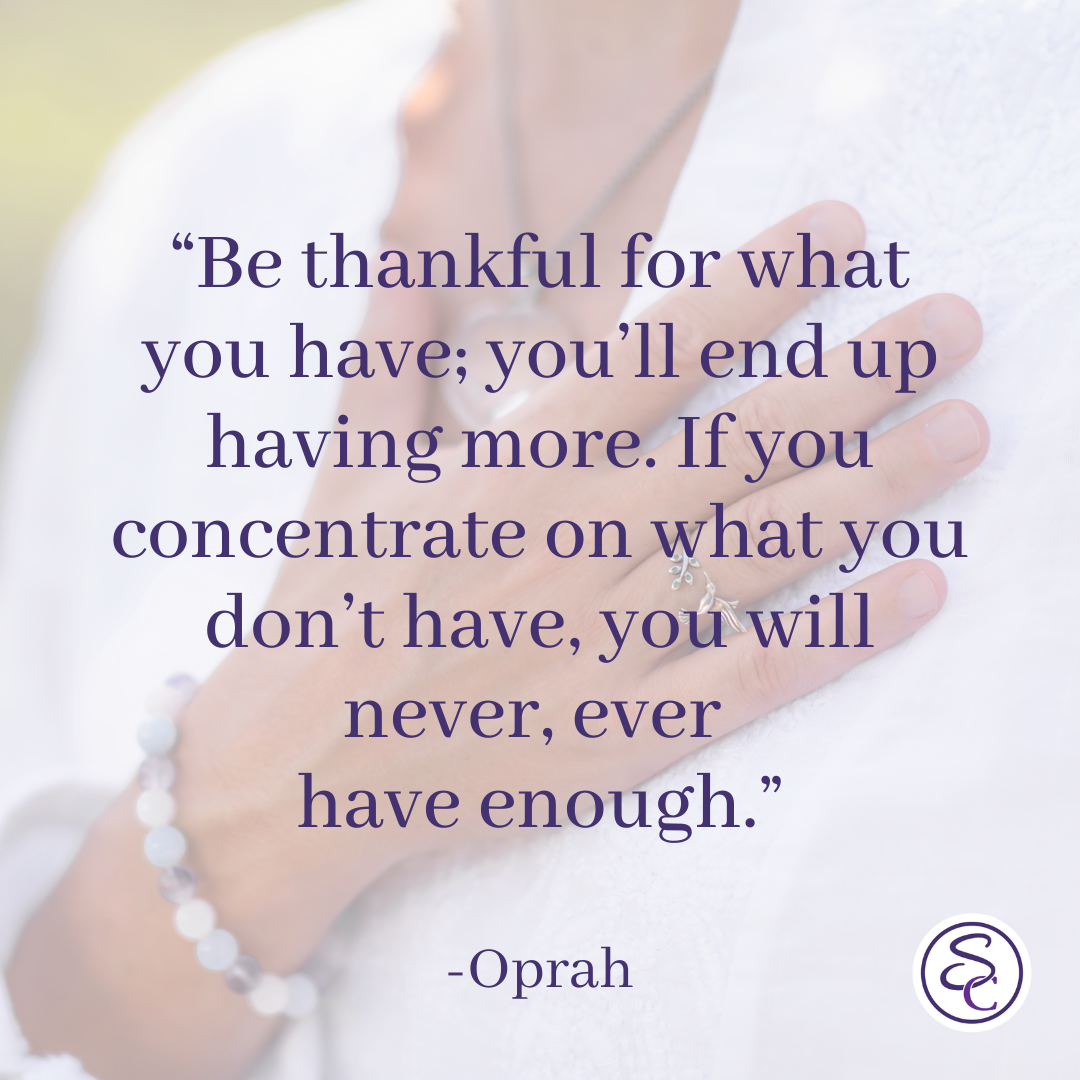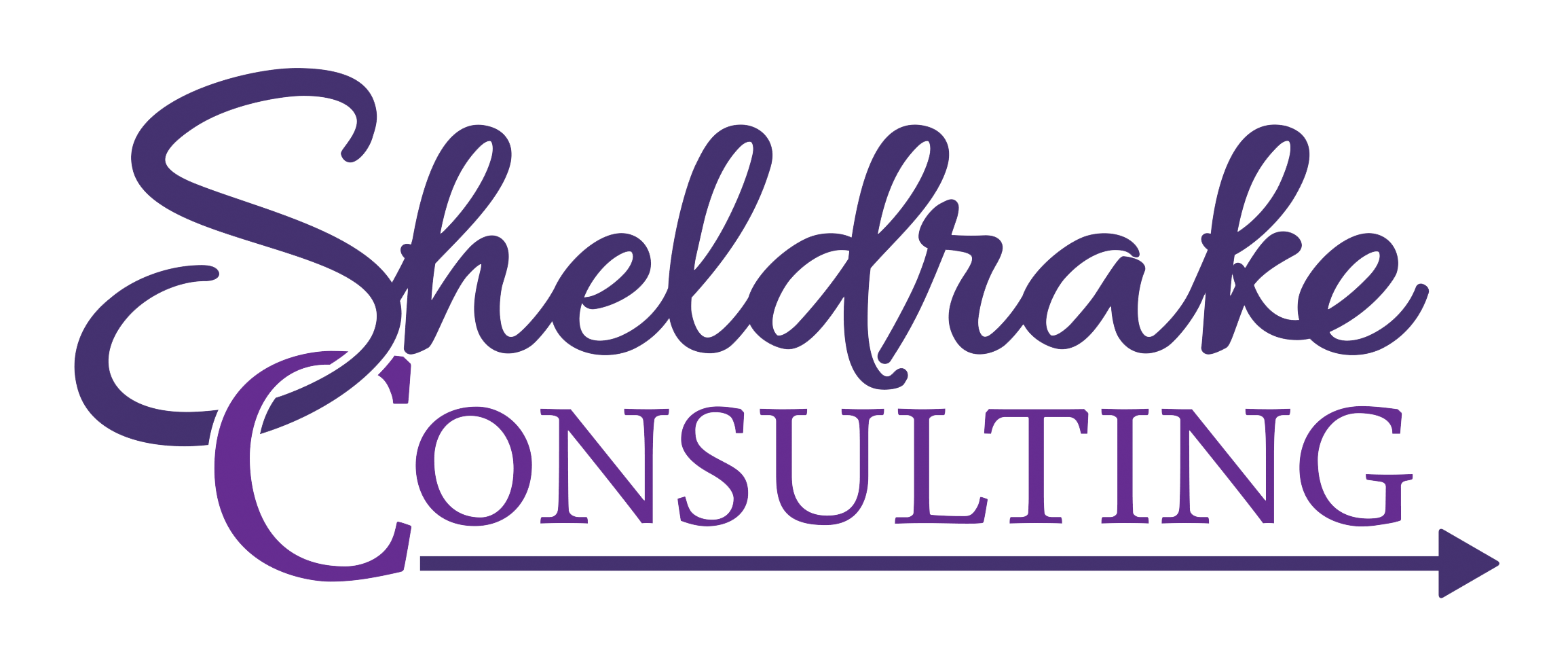When it comes to career growth, we often focus on strategy, skills, and networking. But one of the most overlooked tools for success is something much simpler: gratitude.
Practicing gratitude isn’t just about saying thank you—it’s about cultivating an intentional mindset that impacts your outlook, actions, and relationships. And in a professional setting, it can transform your career and set you apart.

Not to be confused with toxic positivity, gratitude is a practice, a way of viewing our personal situations, a way of approaching the world. Being grateful can make you happier and physically and mentally healthy. In fact, practicing gratitude—15 minutes a day, five days a week—for at least six weeks can enhance mental wellness and possibly promote a lasting change in perspective. While this makes sense for our personal lives and everyday mindset, how do we translate it to our careers?
So much of the work and career conversation is negative. “I’m in a toxic work environment.” “I hate my boss.” “I work so hard and don’t get recognition.” “I hate my job.” While all of these things might be true, we don’t see a lot of articles about people thriving in their careers and if we do, they usually seem unattainable. Starting a gratitude practice in the workplace doesn’t mean that you have to overlook negative things that are going on, but it does mean that you have to prioritize the good things. Here’s how you can start making gratitude a practice in your career.
Strengthen Your Relationships
When was the last time you received a thank you card or dedicated thank you email at work for something that happened on the job? If you have, I bet you can tell me about it in detail. It’s a rare phenomenon, so much so that it stands out. Expressing genuine appreciation can deepen professional relationships and build trust. Whether it’s thanking a colleague for their help on a project or acknowledging a mentor’s impact on your career, small moments of gratitude show others that their efforts matter. Eighty-five percent of employees want to hear thank-you in their day-to-day interactions. Here are five ways you can start incorporating thank-yous into your work:
- Set a budget for the year and buy a certain number of coffee gift cards to hand out as thank-yous to your team. Having them on hand will help remind you to hand them out as you go.
- Get your own branded notecards and plan to send a thank you note out at least once a month to someone who has helped you.
- If your company or industry has any recognition awards – make sure to nominate people throughout the year. For example, the nursing industry has the Daisy Awards.
- Public thank yous can go a long way – when you are in a meeting or finishing a project, recognizing someone publicly is a great way to let everyone know that they’ve gone above and beyond.
- Give someone a LinkedIn recommendation. It costs nothing to do but so few people do it. Set a goal to do one per month for past or present coworkers, vendors, or managers.
Strengthening your connections can make future collaborations smoother and more meaningful.

Boost Your Resilience
Careers come with challenges—missed opportunities, unexpected setbacks, and tough days. A gratitude mindset helps you focus on what’s going right, even when the road is bumpy. Recognizing your achievements, growth, and support systems can reframe your perspective and keep you moving forward.
Keep a running list of your achievements. This is helpful come review time, but it also makes a difference in your mindset at work. I am giving you an excuse to buy a dedicated notebook for the year and write down three career-related things you’re grateful for each day. It could be learning a new skill, receiving constructive feedback, or simply making progress on a project. These can be as big as a promotion or raise or as small as Brian in Human Resources putting on a new pot of coffee.
Enhance Your Leadership
Leaders who practice gratitude inspire loyalty and positivity among their teams. People want to follow leaders who recognize their hard work, foster a supportive environment, and give credit where it’s due. Gratitude-driven leadership creates a culture where employees feel seen and valued.
If you’re the boss, make sure you are leading with gratitude in everything you do. Start each meeting with gratitude, this includes all-hands meetings or one-on-one catch-ups. This small act boosts morale and sets a tone of appreciation in your workplace.
If you’re in a position to take it further, you can formalize your own employee recognition program and encourage the team to regularly recognize others in the workplace.
Shift Your Career Mindset
A scarcity mindset makes you feel like there’s never enough—enough time, opportunities, or success. Gratitude flips the script, helping you see abundance instead. This shift can motivate you to approach challenges with confidence and recognize the value you already bring to the table.
Sometimes we get so stuck in our specific job that we don’t look at the big picture of our career. Having 5 and 10-year goals can help you see where your current role fits into your larger journey. Are you learning new skills? Making valuable connections? Or discovering what you don’t want in a career?

Every journey has adversity – we wouldn’t read the book or watch the movie if there wasn’t conflict for the main character to overcome. You need to understand what part of the journey your current job is. Understand there is a time and place for each experience and even if it is a bad experience, you will always walk away having learned something.
Gratitude Makes You Memorable
In a competitive job market, a little gratitude can go a long way. Sending a follow-up thank-you email after an interview or expressing appreciation to someone who referred you for a job shows professionalism, humility, and attention to detail—traits that hiring managers notice.
People remember thank yous. If someone has helped you with a referral or sought you out for a job, make sure to thank them formally with a thank you note, coffee, or even lunch or dinner. These are the connections that help set you apart and you need to cultivate them.
The next time someone helps you advance your career, go beyond a quick thank you. Be specific and authentic: let them know exactly how their support impacted you.
Gratitude Is a Career Skill
Practicing gratitude isn’t just about feeling good—it’s a tangible skill that strengthens relationships, builds resilience, and enhances your professional presence. Start small, stay consistent, and watch how this simple shift opens new doors in your career.
This week, find one professional relationship you’re grateful for and let that person know. A simple note or conversation can make a big impact—on them and you.
Gratitude takes work but is worth it.
Ready to take your career to the next level? At Sheldrake Consulting, we help mid-career women build strategies that go beyond the basics—like mastering mindset shifts that fuel personal and professional growth. Reach out today to explore how we can support your career journey.

